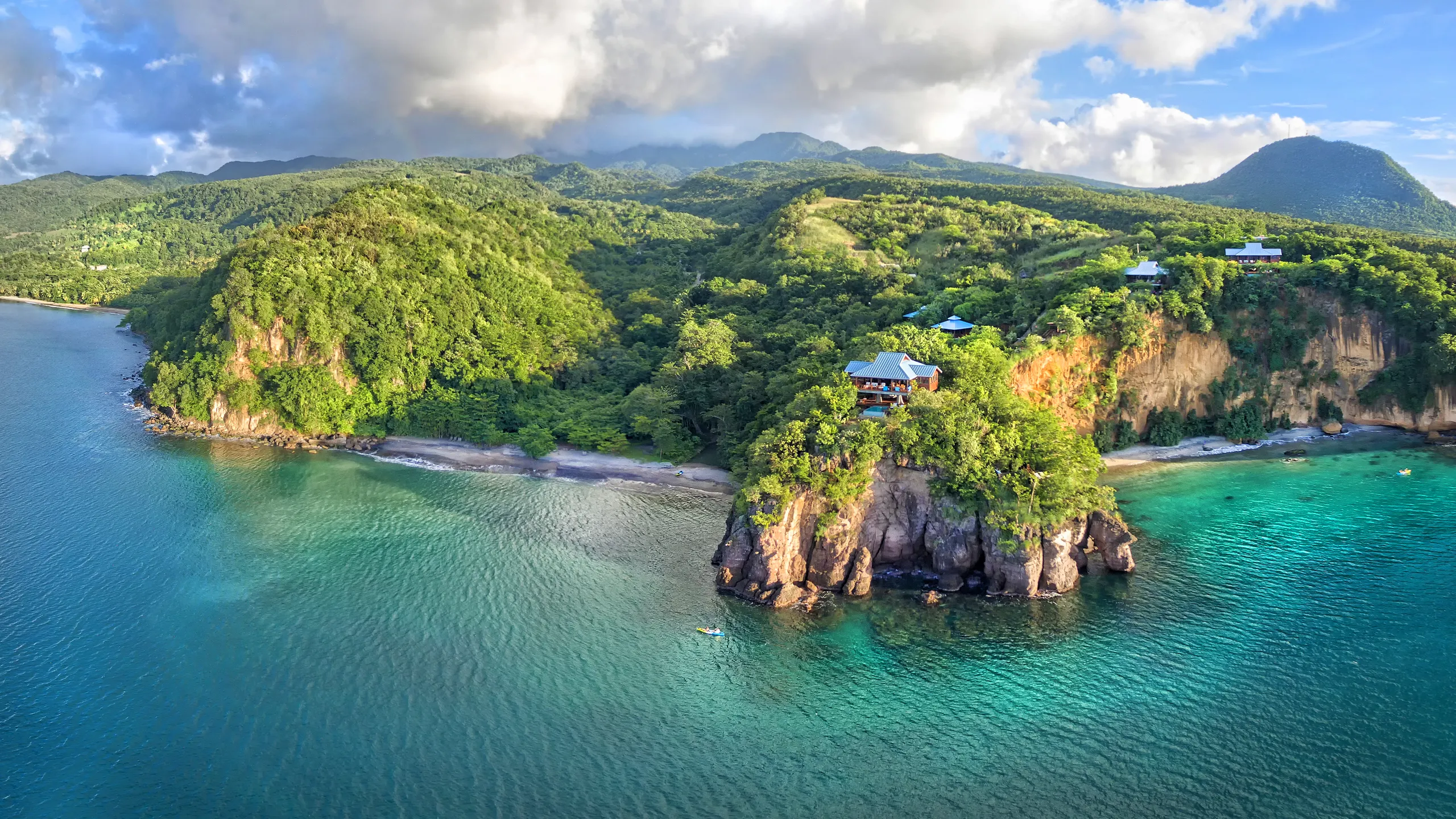
Many business people have long been seeking ways to move their primary assets offshore or to foreign platforms. Dominica is a good choice, with its increasing popularity every year. There’s also a special government provision that involves granting citizenship for certain financial investments, similar to the United Arab Emirates. Long-term residency visas are provided for both the investor and their closest relatives.
You can easily initiate the process of changing tax residency without any problems. For this, you must spend six months living in the country. If you are a citizen of most European countries, New Zealand, Canada, the Faroe Islands, or the UK, you can stay here without a visa during this time.
Similarly to other civilized countries, there is a concept of an identification number. It is managed and issued by a special department within the island’s internal revenue. It is a crucial financial document used for all paperwork, including opening a bank account. If you have local driver’s documents, you can obtain this number through an expedited program without any issues.
Dominica uses euros and dollars as currency, but officially retains the Eastern Caribbean dollar. Note that this might be important for some potential investors accustomed to conducting business transactions exclusively in the two major world currencies.
Exploring Dominican Financial Realities
Let’s take a look at some special tax laws in the Dominican Republic. You can check the extensive list below for a more detailed view:
- Value Added Tax (VAT): Unlike other offshore locations, there is still a special VAT here, set at 15%. However, there are exceptions; for instance, food and accommodation businesses pay only 10%. If you’re in healthcare, education, or manufacturing essential products, you are completely exempt from this tax. The buyer is also responsible for legal services and must pay 2.5%, plus an additional 1% for the transaction.
- Property Taxes: The island is mostly exempt from regional property taxes. However, there are a few exceptions, namely Canefield and Roseau, with a tax rate of 1.3%. If you rent out property, you must pay the government 1% of the income.
- Inheritance and Wealth Taxes: If you’re an heir or wealthy, you are exempt from taxes in these areas. This applies not only to foreigners but also to island residents.
- Corporate Taxes: Corporate taxes are strict here. Companies must pay a special tax in certain local cases, sometimes reaching 20%. Foreign companies, on paper, are fully exempt from taxes if the income is not from Dominican residents. In reality, even foreign companies pay a 15% tax on financial turnover.
- Income Tax: For non-business individuals, income tax is scalable. In simpler terms, the more you earn, the more you pay to the government.
- Double Taxation: Double taxation is prohibited in the Dominican Republic through international agreements.
- Gift Tax: If you want to give an expensive gift, you will likely need to pay tax. This is presented as a measure to combat money laundering and prevent corruption.
- Pension Contributions: Pension contributions amount to 6% of the salary. Employers are also required to contribute 7% to the employees’ pension fund.
This is important, but it’s only part of the list. This knowledge will be enough for you to form a general understanding of the discussed topic.
Key Rules in a Nutshell
You need to be aware of key aspects regarding residency in this country for tax relocation purposes. The Dominican Republic’s banking system fully discloses bank account ownership information to the US tax service. If you plan to visit this country to hide your taxes, you won’t be able to do so in this regard. The report is specified according to US criteria and includes all necessary data upon request.
Moreover, this list includes not only the US. The government essentially mandates financial institutions to disclose financial details of foreigners. This happens either directly upon request or indirectly, also upon request. This occurs for various reasons, with the primary one being international financial agreements. Keep this in mind if you’re considering changing your tax residency to the Dominican Republic.